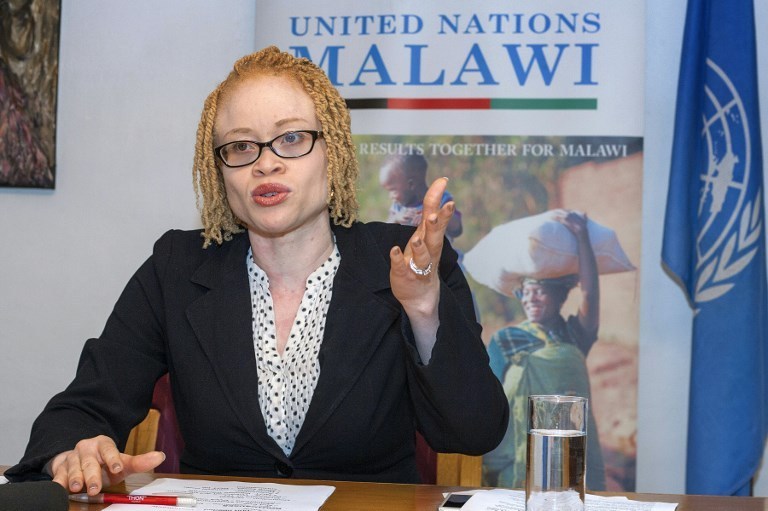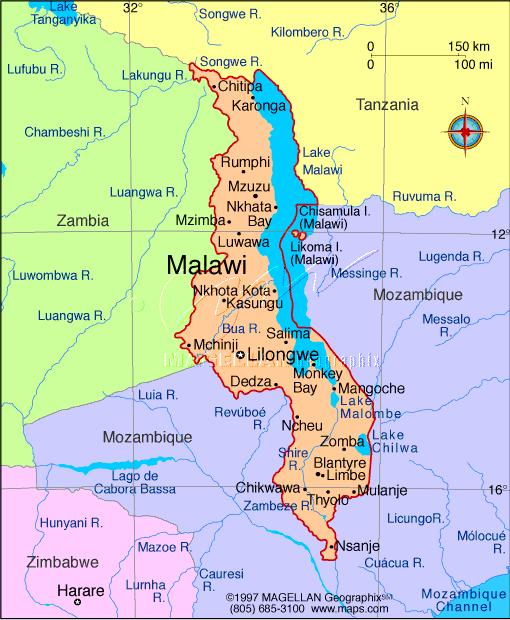Almost six months ago, in early March 2019, President Peter Mutharika ordered an investigation into the killing and maltreatment of people living with albinism in Malawi.
I will check the outcome of the work of the commission created AND the follow-up to its report. Subsequently, I will inform the readers of this site.
To be continued (webmaster FVDK).

Published: March 8, 2019
By: News Central (Nigeria)
Malawi has experienced a surge in violent attacks on people with albinism over the past four years.
Malawi’s president, Peter Mutharika, on Friday appointed a commission of inquiry to probe a spate of attacks, abductions and killings of people with albinism. The panel, headed by retired Supreme Court judge Robert Chinangwa, will submit its report to Mutharika by April 30, the president’s office said.
The announcement came after mounting criticism of Mutharika for his response to the attacks. The Association of People with Albinism has been staging a vigil in the capital Lilongwe and says it will contact foreign embassies in a bid to seek refuge. Around 200 albinos, joined by 500 sympathisers, marched to the presidential palace on Wednesday.
Malawi, has experienced a surge in violent attacks on people with albinism over the past four years. In many cases, those with albinism are targeted for their body parts to be used in witchcraft.
In a June 2018 report, rights group Amnesty International said that since November 2014 there had been 148 crimes reported against people with albinism, with at least 21 deaths.
(italics added by the webmaster FVDK). Just 30 percent of those attacks have been properly investigated, according to official statistics, with only one murder and one attempted murder case successfully prosecuted.
Of the 600 cases of violence against albinos in 28 African countries, Malawi accounted for nearly a third.
Albinism, a genetic disorder, causes a partial or total absence of pigmentation in the skin, hair and eyes. As a result, many albinos often experience eye problems and have a heightened risk of skin cancer.
Source: Malawi appoints commission to probe albino killings

